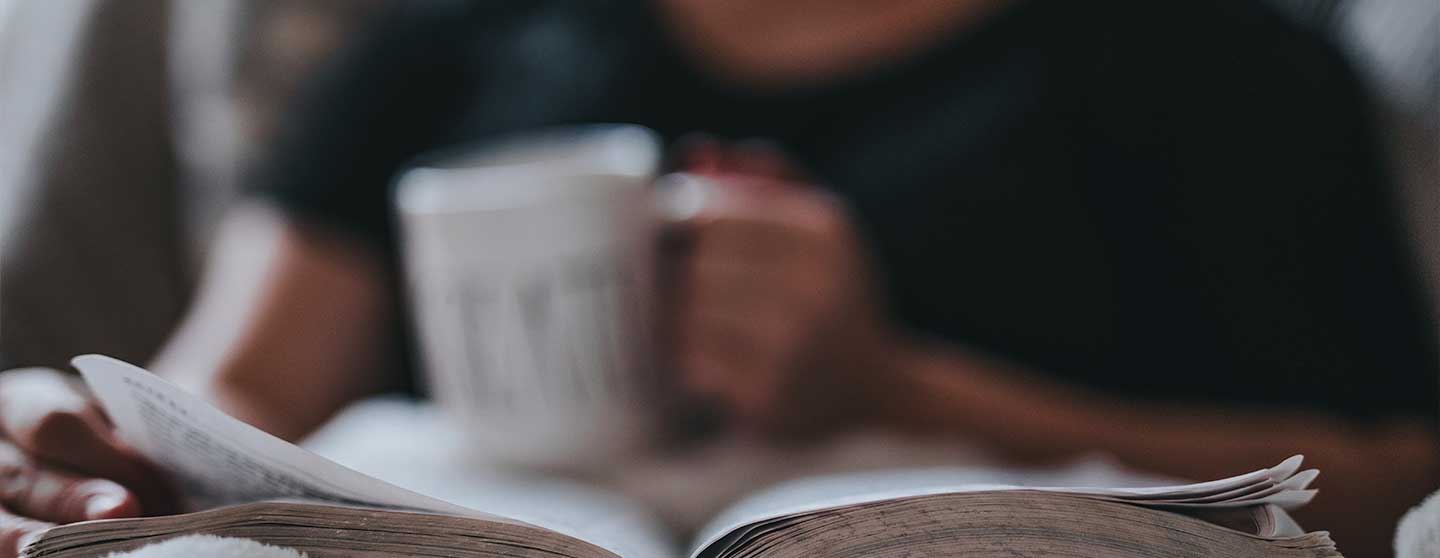2020 has been a year of unexpected challenges. No matter your circumstances, this year will have brought uncertainty and complexity to at least some parts of your life. When facing uncertainty, an extra amount of our mental energy is taken up as our brains naturally look to predict and find ways out of the situation. Adapting to change also forces us to create new neural pathways in our brains, which takes more mental energy than defaulting to the “tried and true”.
As we head into December in a normal year, many of us notice feeling tired, lacking energy, and eagerly waiting for a break. Given the extra demands of a year filled with uncertainty, many of us are noticing feeling even more drained than usual.
Yet, we often add more pressure in December, focusing on the list of things we want to “tick off” before the end of the year. These pressures include work priorities, but also personal life pressures such as Christmas shopping or making holiday plans. Trying to achieve all this at a time when energy and resilience may already be low is a big ask.
How then do we get through December and into the new year feeling more refreshed? Here are some tips to try.
- Get clear on your priorities for the time left this year. Knowing that the year is quickly disappearing, review your “to-do” list considering what is essential and what would be nice to do. Be realistic about what you can actually achieve, and try to ask yourself what would be good enough.
- Plan recovery time into your daily and weekly schedule. It’s essential for all of our energy levels that we take some time to recharge. Taking a holiday is a great “macro” way to do this, but it’s not enough. Every day we need “micro” recovery – these are the small moments which help to recharge our batteries. Activities like stopping to sit in the sun for 5 minutes during your day, having a casual chat to a friend or colleague while you grab a cup of coffee, staring out the window on your commute (rather than checking work emails). When done regularly, these “bite-sized” recovery practices add up to a whole lot more energy and less overwhelm.
- Recovery doesn’t have to be doing nothing. There are three important types of recovery: rest, where we do nothing or very little; recreation, where we do the hobbies and activities that we find are fun, engaging, enjoyable, and stimulating; and relationship time, where we connect with the people around us. It’s useful to plan on trying to get some of each of these types of recovery into every week. Remember, this doesn’t need to feel like another “to-do” for the list, it can be as short as a couple of minutes.
- Make sure your down time is down time. When doing an activity for your recovery, switch off other demands as much as you can. Turn off email alerts, or even leave the phone at home! Same goes for the distracting thoughts in your mind. Try to gently let go of distracting or intrusive thoughts, redirecting your attention to what you are doing right now. Mindfulness is a great way to practise this skill.
- Decide what’s most important to you this holiday season. Is it a big celebration? Is it quiet time with those you care about? Or is it some time to unwind and read a book on your own? Try to create some space for what you need most, rather than falling into the trap of what you think Christmas “should” be.
- And finally, be kind to yourself. Go into this time recognising that you’re only human. You don’t need to be perfect. Christmas won’t be ruined if the meal isn’t just so. The things left on the to-do list can get done later, and you may even find you achieve them more easily in the new year.
From the Umbrella team, we wish you the very best for a restorative end of year, and look forward to working with you into 2021.
For more ideas on planning your December recovery, check out this article from 2018
And if you are struggling at the moment, check out these great resources from the Mental Health Foundation.



